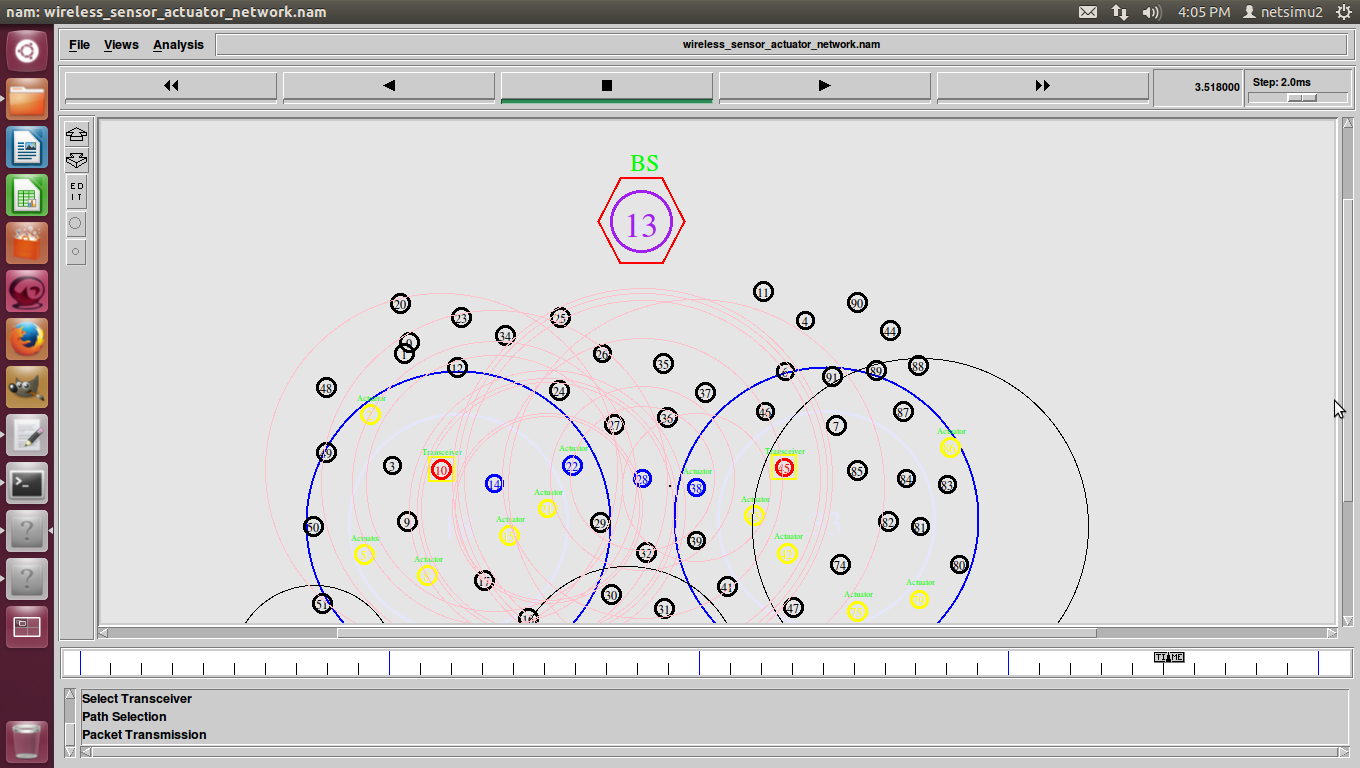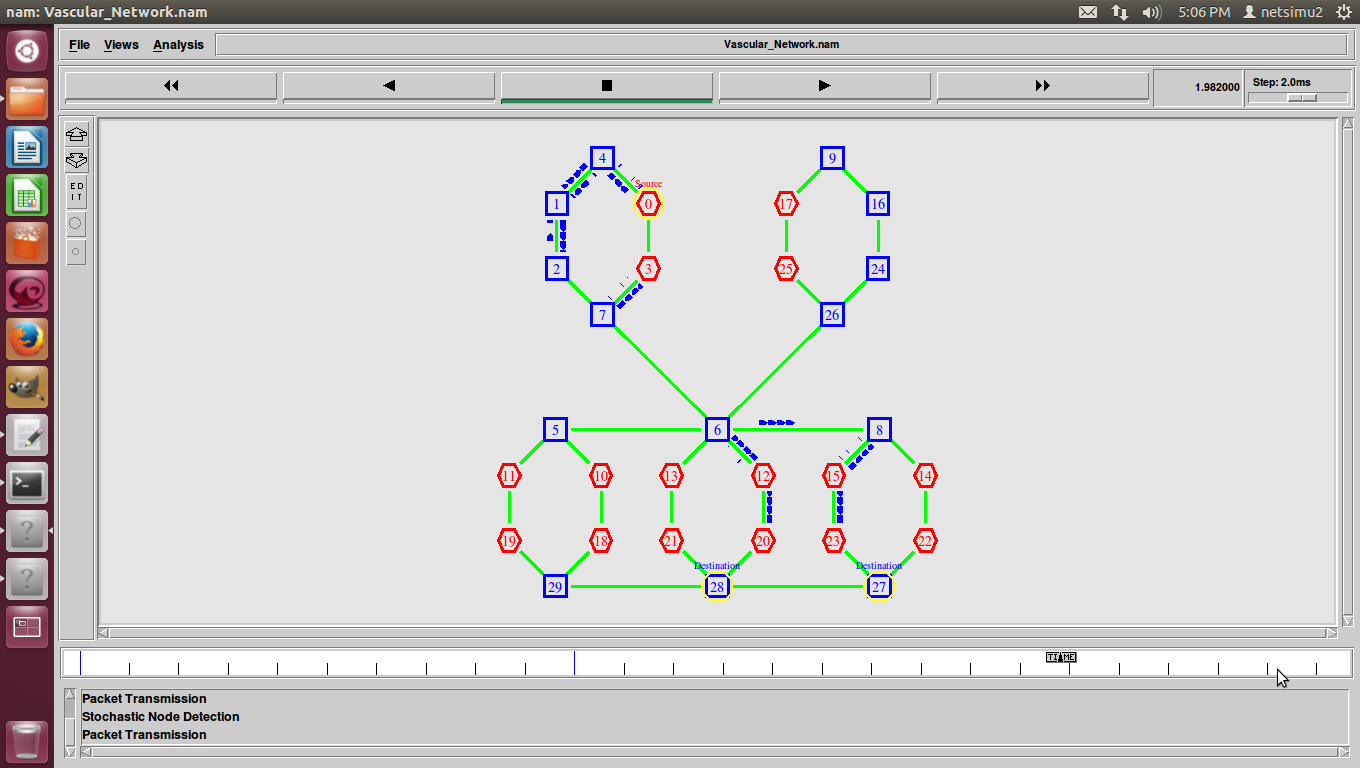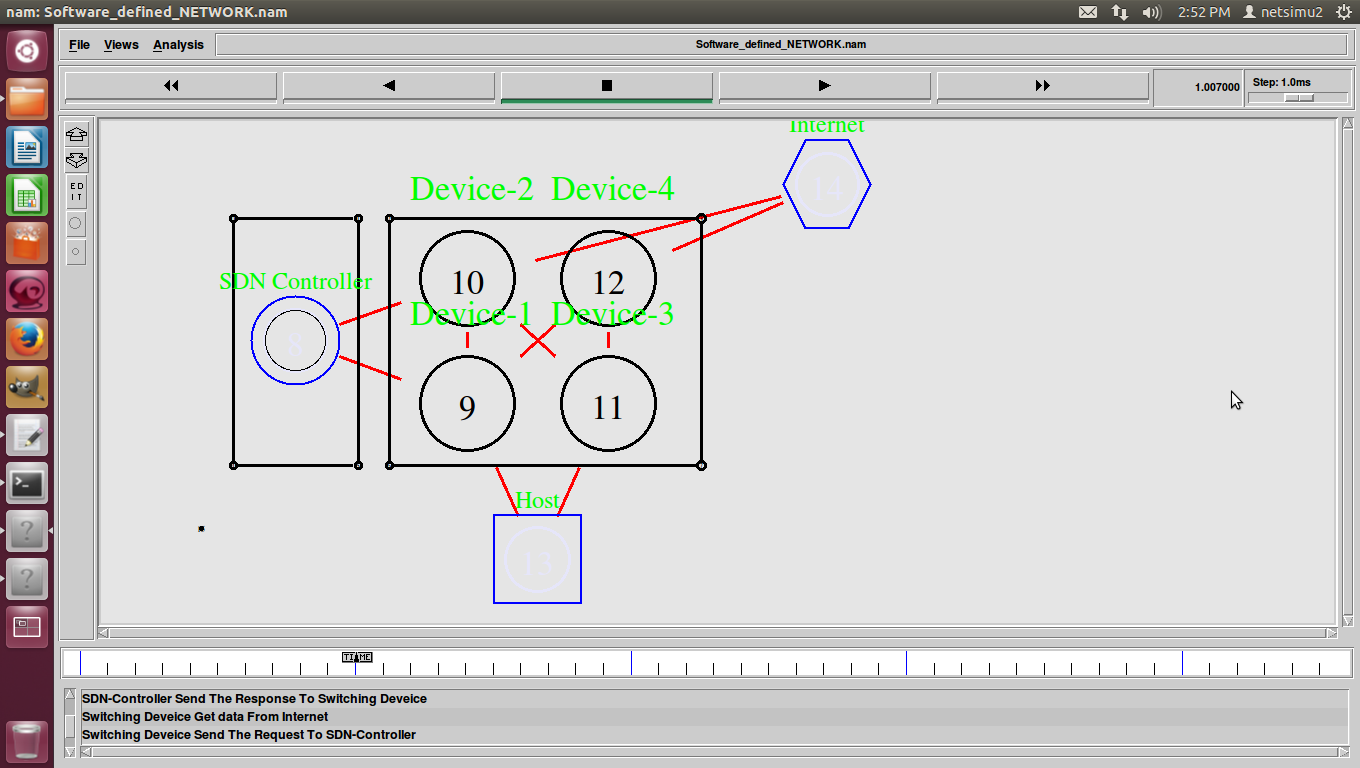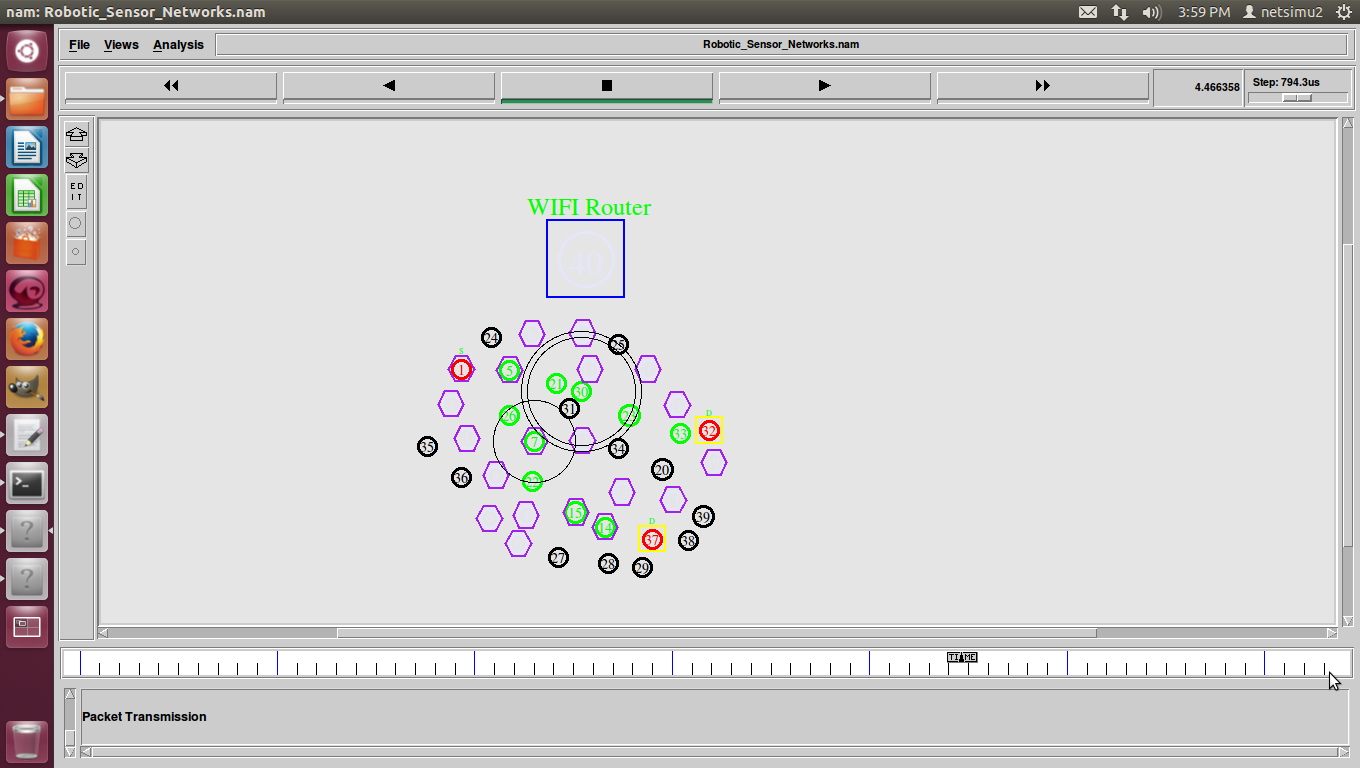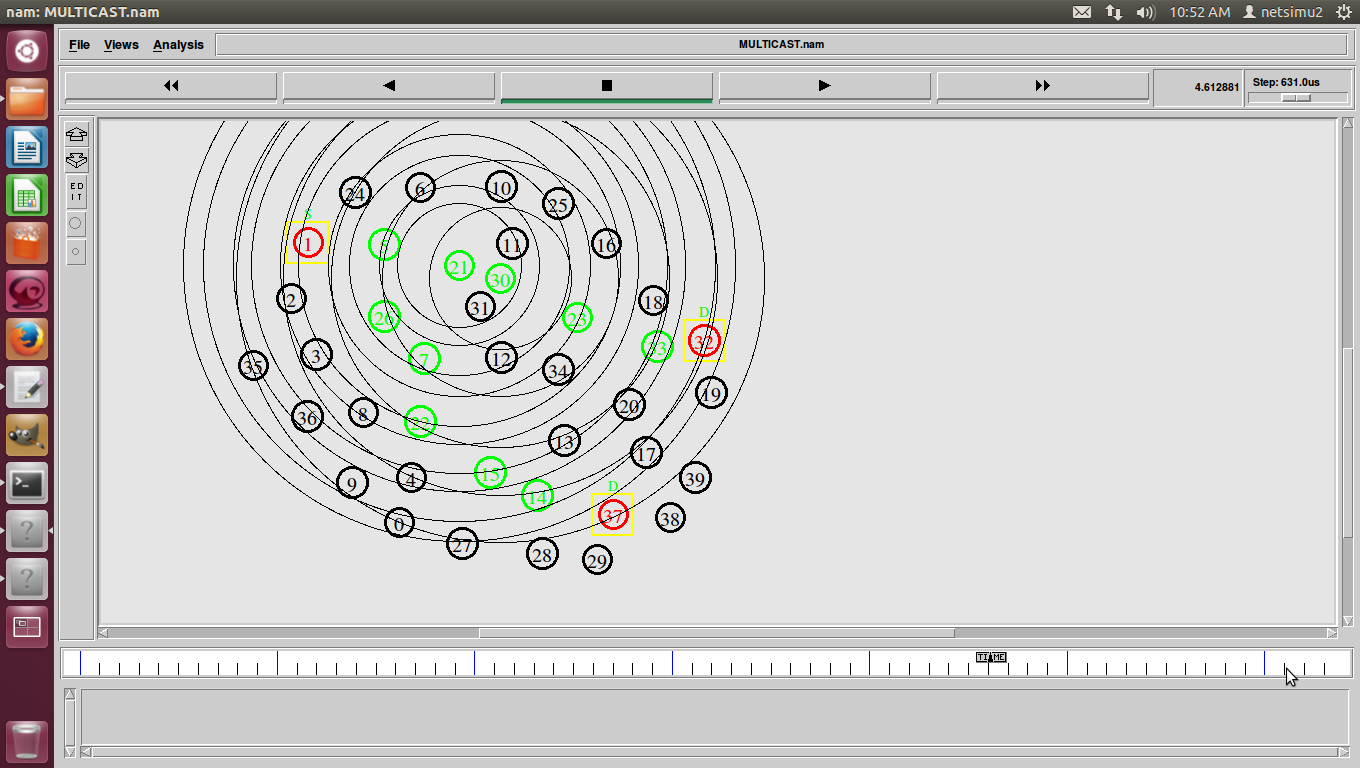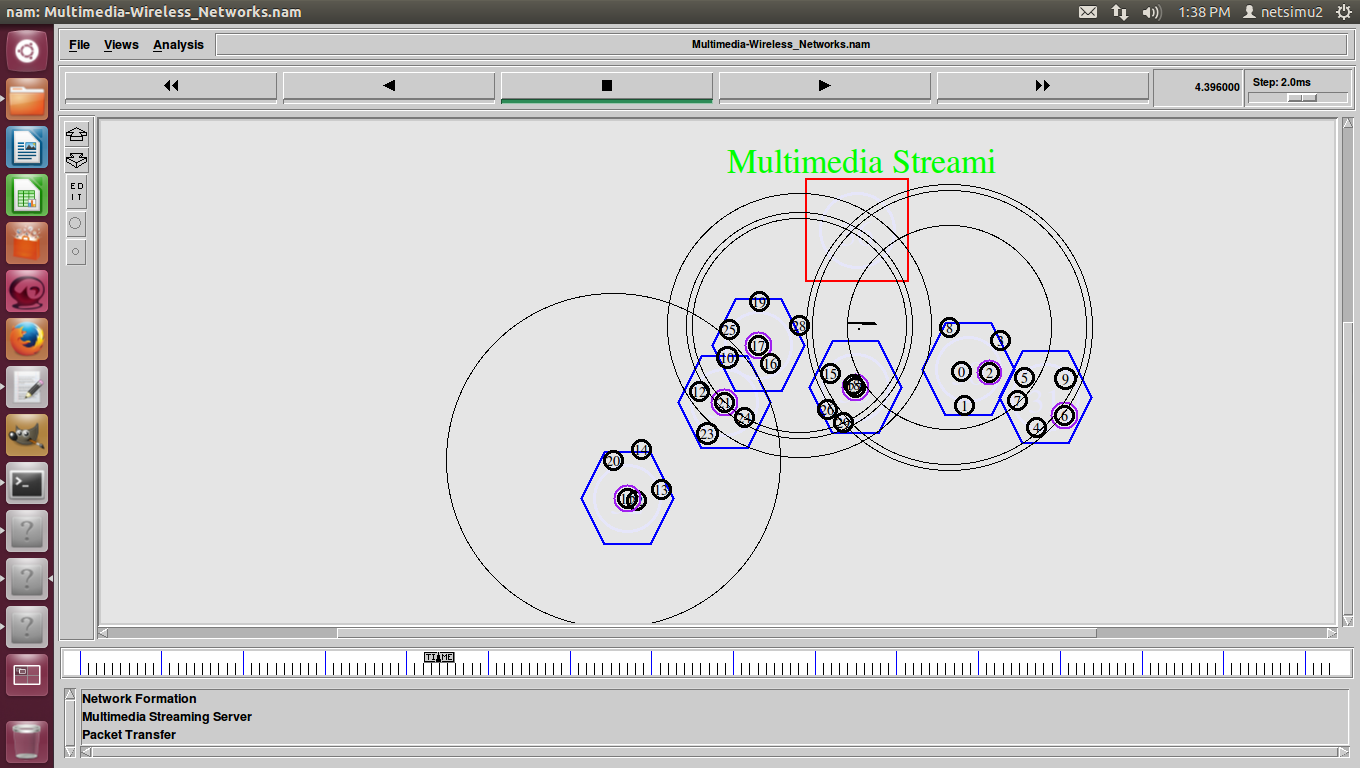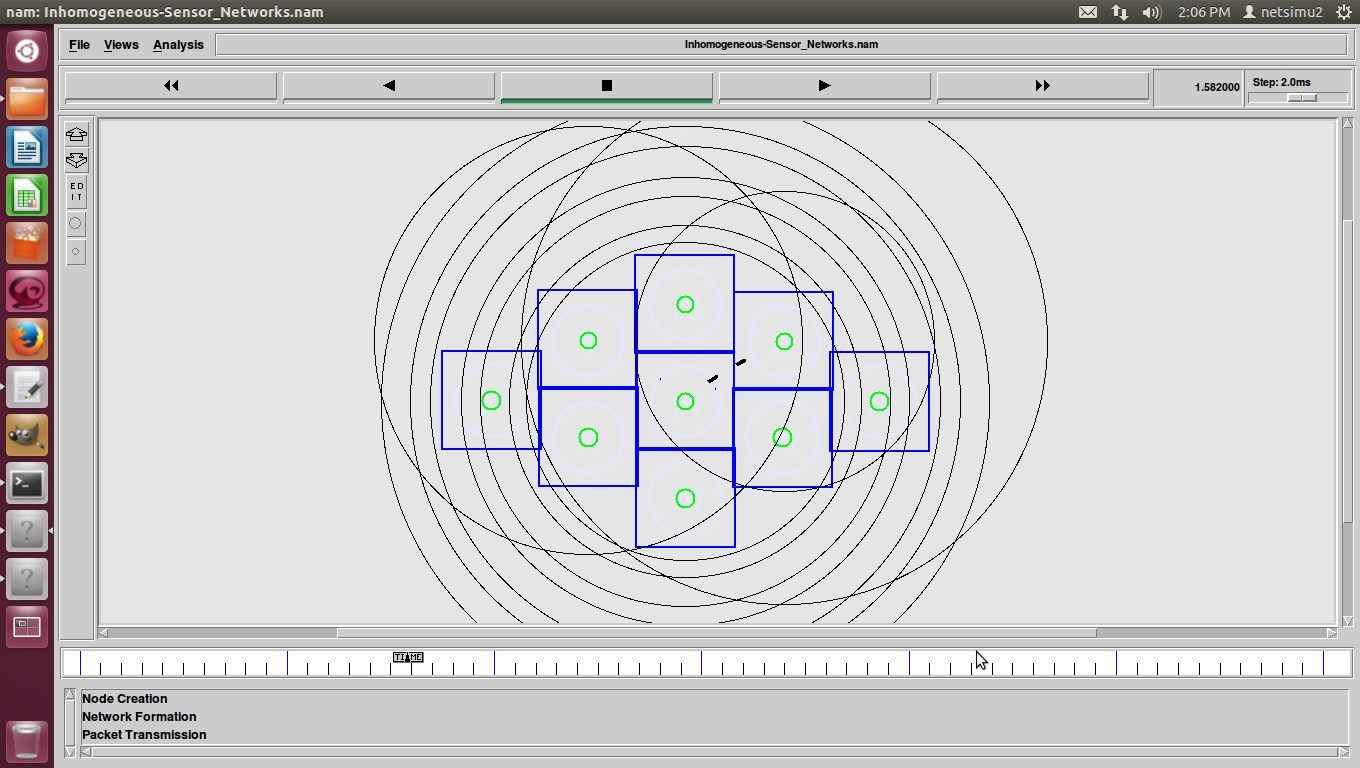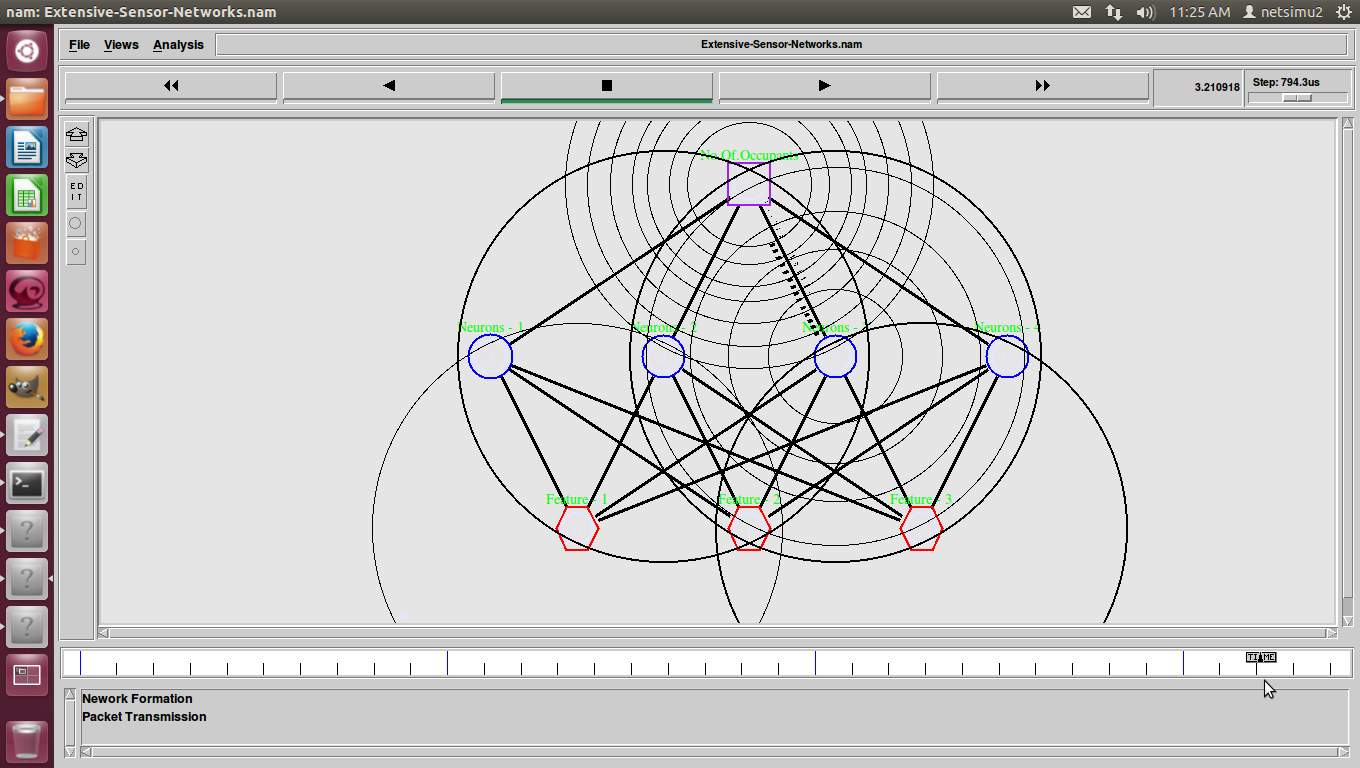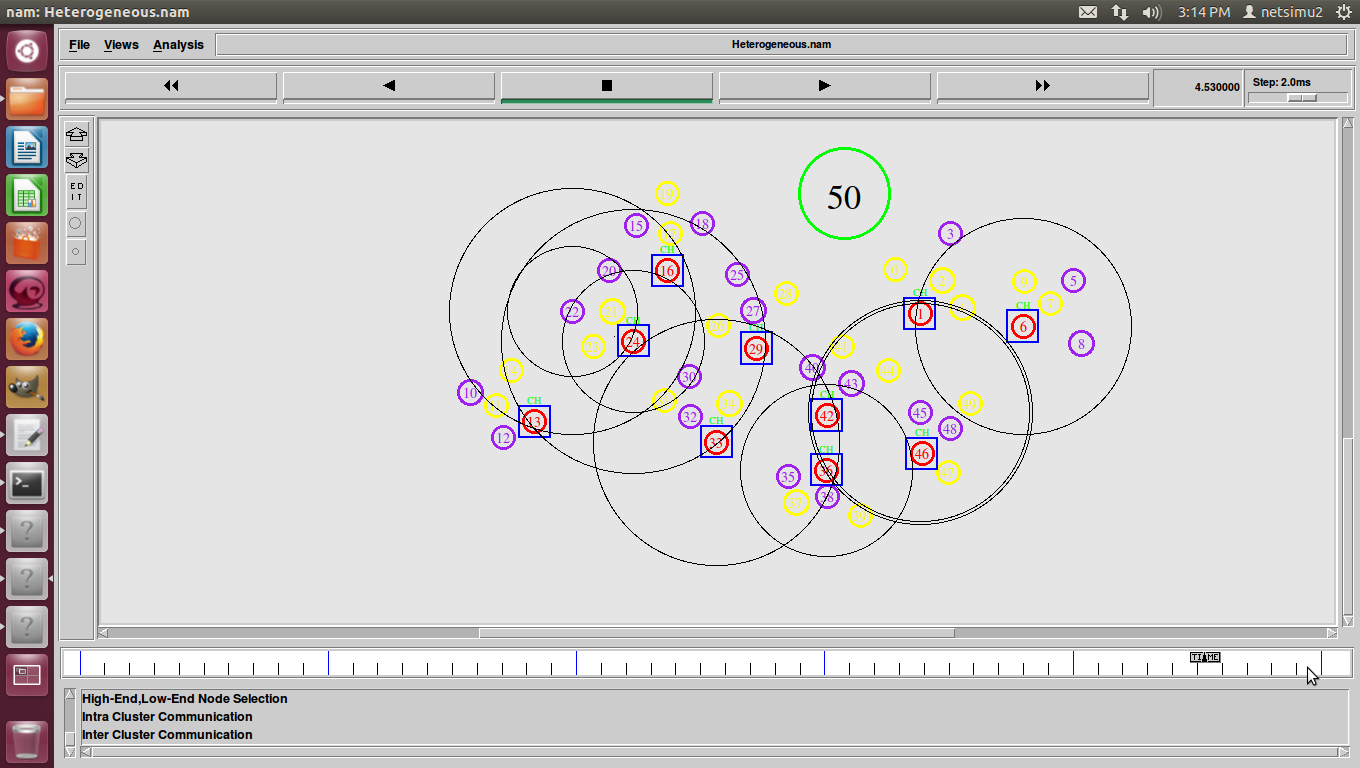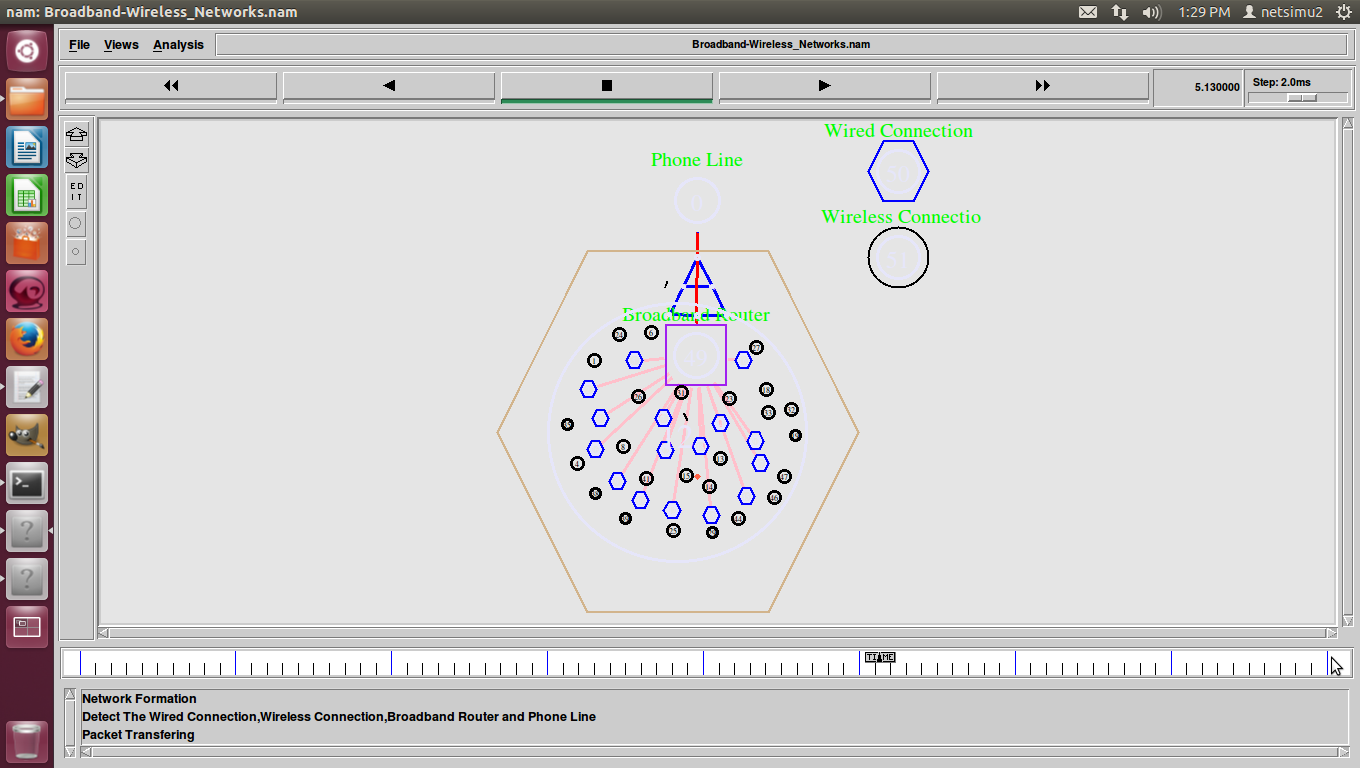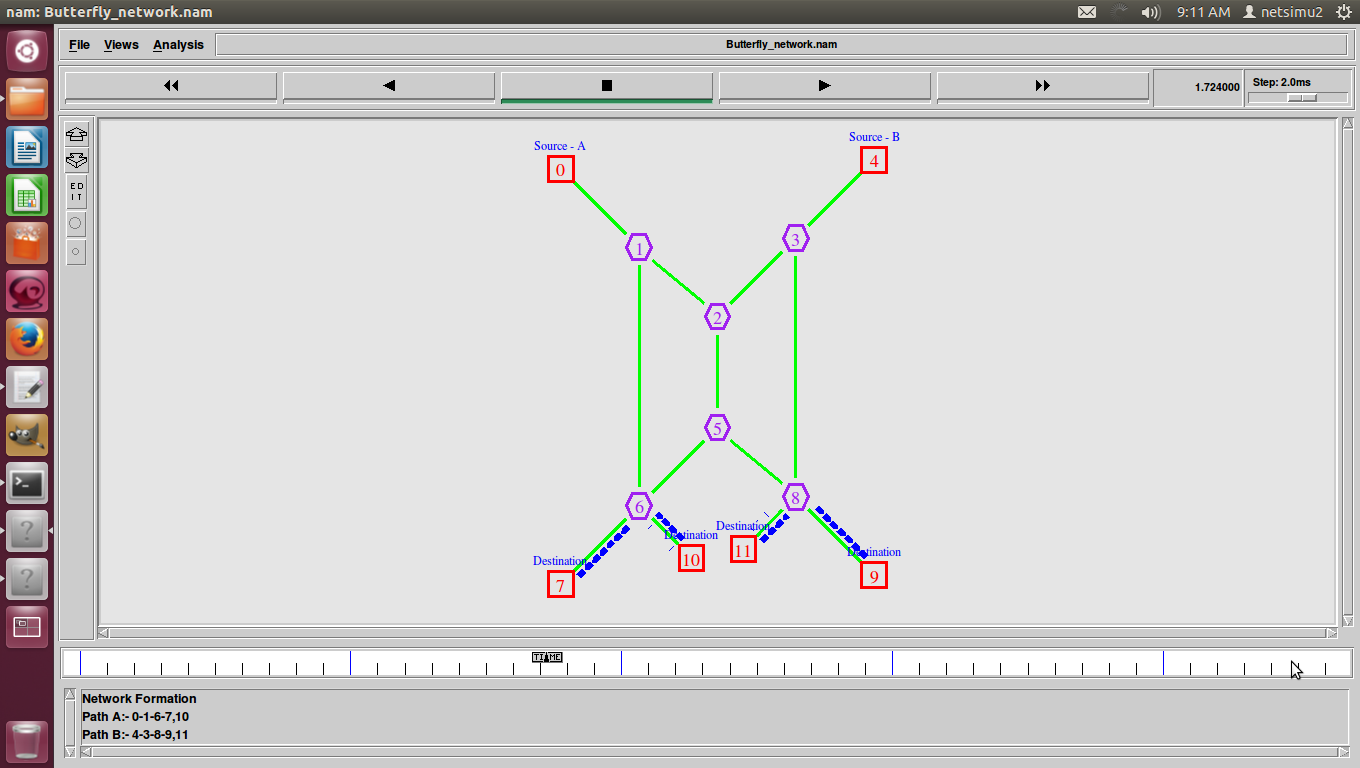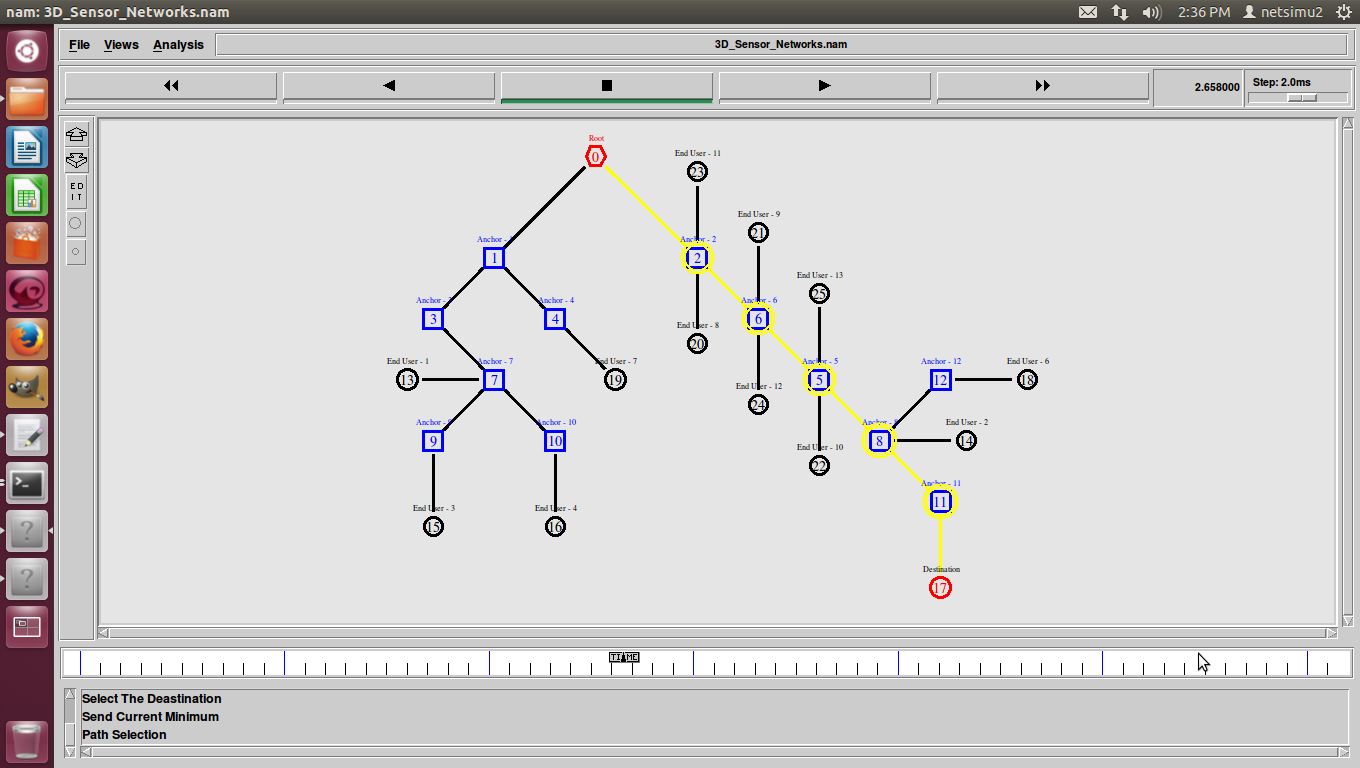Distributed Channel Assignment in Cognitive Radio Networks: Stable Matching and Walrasian Equilibrium
We consider a set of secondary transmitter-receiver pairs in a cognitive radio setting. Based on channel sensing and access performances, we consider the problem of assigning channels orthogonally to secondary users through distributed coordination and cooperation algorithms. Two economic models are applied for this purpose: matching markets and competitive markets. In the matching market model, secondary users and channels build two agent sets. We implement a stable matching algorithm in which each secondary user, based on his achievable rate, proposes to the coordinator to be matched with desirable channels.
The coordinator accepts or rejects the proposals based on the channel preferences which depend on interference from the secondary user. The coordination algorithm is of low complexity and can adapt to network dynamics. In the competitive market model, channels are associated with prices and secondary users are endowed with monetary budget. Each secondary user, based on his utility function and current channel prices, demands a set of channels. A Walrasian equilibrium maximizes the sum utility and equates the channel demand to their supply. We prove the existence of Walrasian equilibrium and propose a cooperative mechanism to reach it. The performance and complexity of the proposed solutions are illustrated by numerical simulations.






